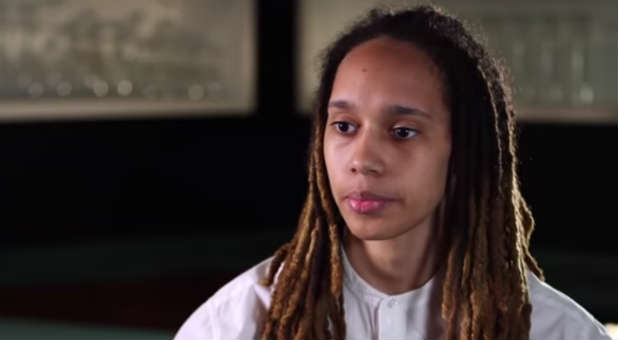World’s Largest Baptist University Drops ‘Homosexual Acts’ From Sexual Misconduct Code
The world’s largest Baptist university, Baylor, has dropped language in its sexual misconduct policy that punished those who engaged in homosexual acts, a change the socially conservative school said better reflects its values as “a caring community.”
Baylor, in the central Texas city of Waco, had been one of a handful of religious U.S. colleges and universities that allowed for the dismissal of students, and sometimes staff, for homosexuality.
Baylor has removed “homosexual acts” as a punishable offense in its sexual misconduct policy, an official said on Tuesday. The policy also mandated disciplinary action for sexual assault, incest, adultery and fornication.
“These changes were made because we didn’t believe the language reflected the university’s caring community,” Baylor spokeswoman Lori Fogleman wrote in an email.
Dozens of colleges have provisions that are seen as discriminatory against the lesbian, gay, bisexual and transgender (LGBT) community, ranging from housing bias to blocking the formation of LGBT student groups, gay rights advocates said.
The new policy endorsed by the university’s board in May states, “Baylor will be guided by the biblical understanding that human sexuality is a gift from God and that physical sexual intimacy is to be expressed in the context of marital fidelity.”
The university, which has about 14,000 undergraduates, did not say if it would allow married same-sex couples among its ranks after the U.S. Supreme Court last month ruled that gay marriage is legal in all 50 states.
“You can’t continue to have a college that is seen as hateful, that is seen as discriminatory toward gay people, regardless of whether that college be Christian or otherwise,” said Shane Windmeyer, the executive director of Campus Pride, which promotes LGBT life at universities.
One of the better-known Baylor graduates, basketball player Brittney Griner, is also one of the best known U.S. lesbian athletes. In her autobiography she speaks of the frustration of masking her sexuality while attending the school from 2009 to 2013.
“They are more than happy to benefit from the success of their gay athletes. That is, as long as those gay athletes don’t talk about being gay,” she wrote in her autobiography “In My Skin: My Life on and Off the Basketball Court.”
© 2015 Thomson Reuters. All rights reserved.















































